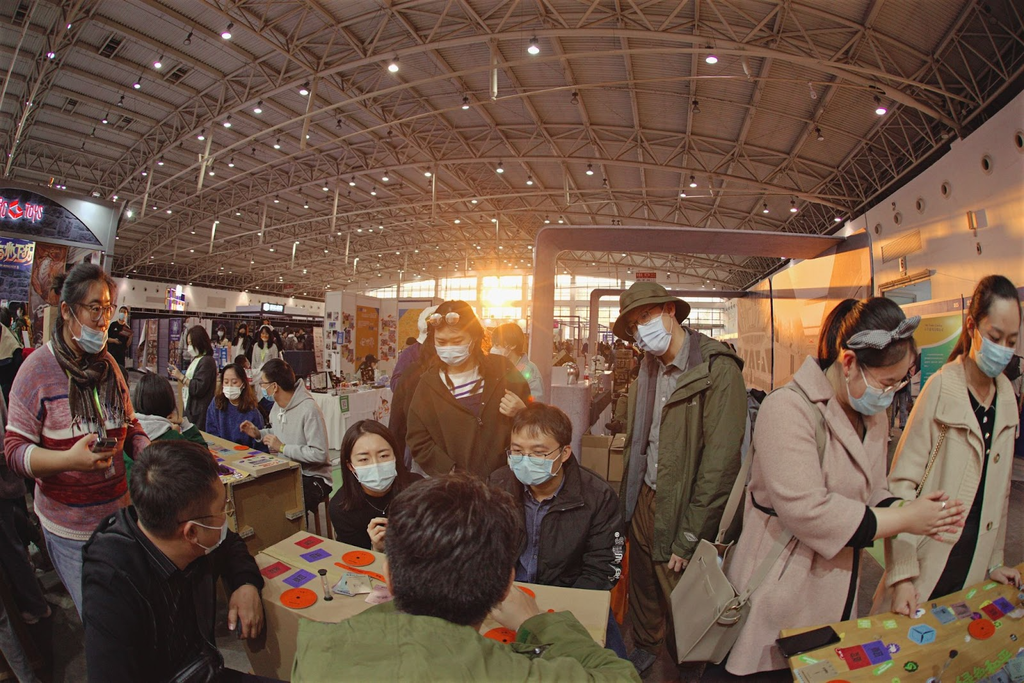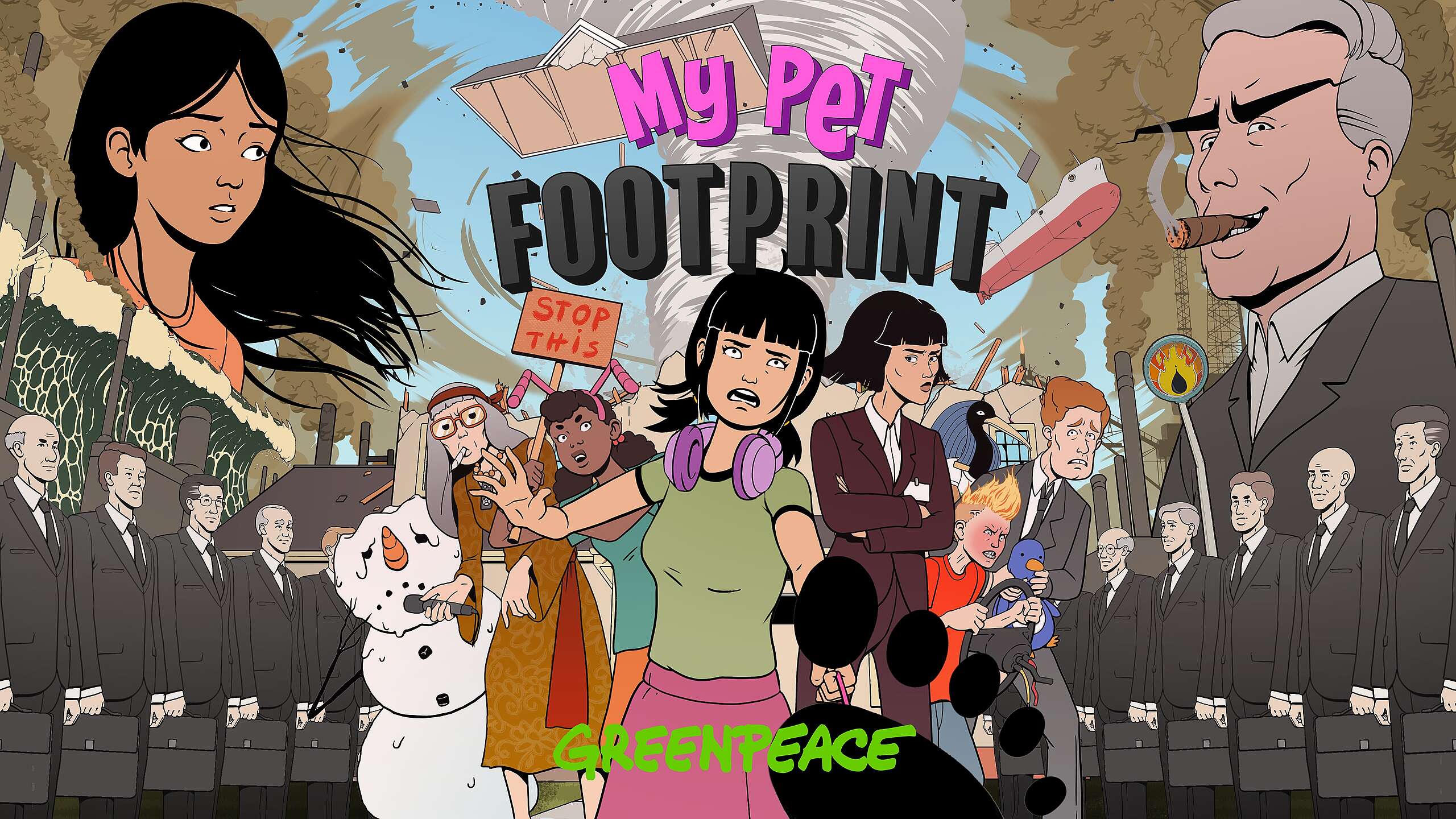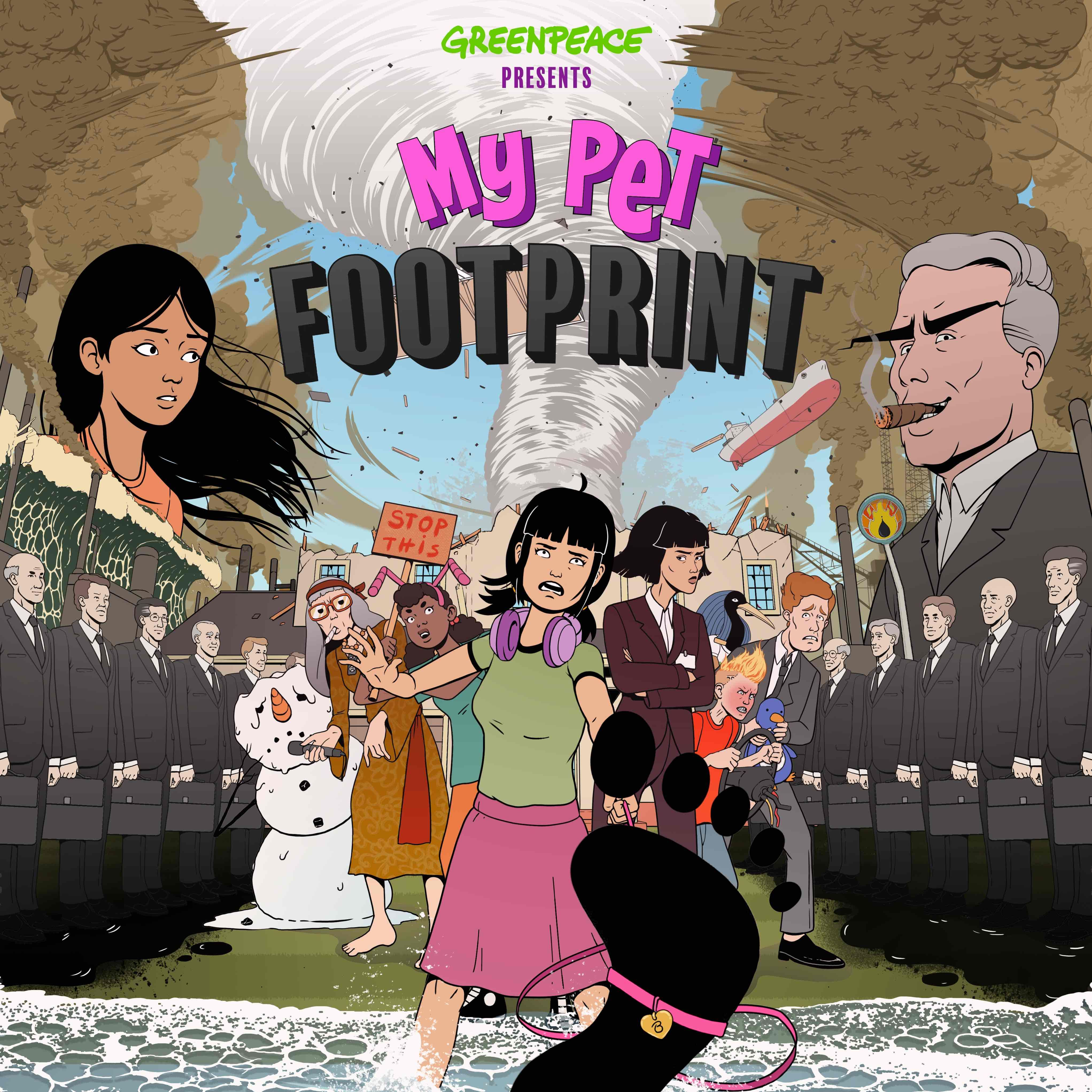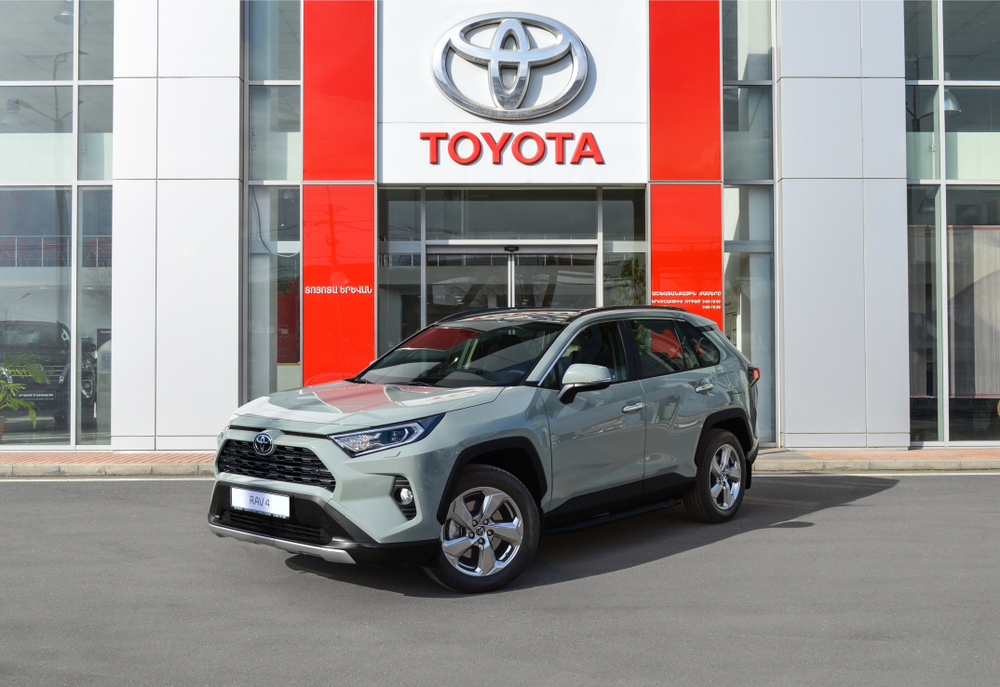
For the past few years, Greenpeace East Asia’s Beijing office has found unlikely areas to partner up with creators in China – from podcasts to board games – and make new ways to shift our mindsets on climate.
By Wang Jue
We are all astronauts. And our spaceship is called Earth.
This metaphor, taken from R. Buckminster Fuller’s short book first published in 1969, became the basis for a board game released by game design company DICE, who designed the game in collaboration with Greenpeace East Asia’s Beijing office.
The sci-fi board game challenges players to imagine and implement strategies for managing the vast, complicated, living spaceship they travel on and rely on for life support.
The goal of the game: enable all of humanity to live with freedom, comfort, and dignity, without taxing Spaceship Earth’s ecosystems or regenerative abilities beyond their capacity.

Rather than focusing on facts or data points, the game takes on the systematic issues behind climate change, modeling systems-based, multi-stakeholder responses to shared issues that are felt unevenly by different members of Spaceship Earth’s population.
In the game, players take different responsibilities for various aspects of the spaceship’s society – economy, welfare, civilization, and environment – and seek benefit for their own sector’s interest while negotiating the path forward for Spaceship Earth.
The game emerged from what, in the Beijing office at least, we call co-creation work. It started by enabling podcasters to tackle big questions in environment and climate, where people in China at times worry they didn’t count as experts or their experiences or views on the issue don’t count for much.
The results are what you might guess: we’re all impacted by climate change, and when people have the tools to take their creativity into the question, the result is both more imaginative and more impactful than what we could have come up with by ourselves.

At least two college professors have employed the game in their courses. At Tsinghua University’s Academy of Arts and Design, the game was used in a social design course. And at Beijing Jiaotong University, it was used in an engineering ethics course.
Among civil society groups, the game has also become popular, especially at community outreach events, where the board game is a useful icebreaker that lets people strike up easy conversations (that nonetheless revolve around systems-based approaches to multi-stakeholder existential crises!), including BottleDream Shanghai, imPACKED-Travel Guangzhou, and Road to Tomorrow, who campaign on food-related environmental issues.
Over time, players have started to crowdsource their own “Manual for organizers” (link in Mandarin Chinese) for how to set up a truly mind-opening round of Spaceship Earth.
The manual reads, in part:
“The idea behind this game is to let people experience, through gamification, your own decisions and actions as they relate to a common crisis that has enveloped us – climate change – and more importantly, to see the way that action and fortitude are urgently needed to address this type of issue.”
Wang Jue is a Public & Culture Campaign Specialist in Greenpeace East Asia’s Beijing office. To get in touch with the author, you can email [email protected].



